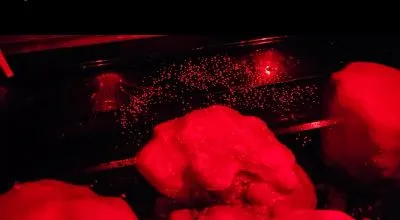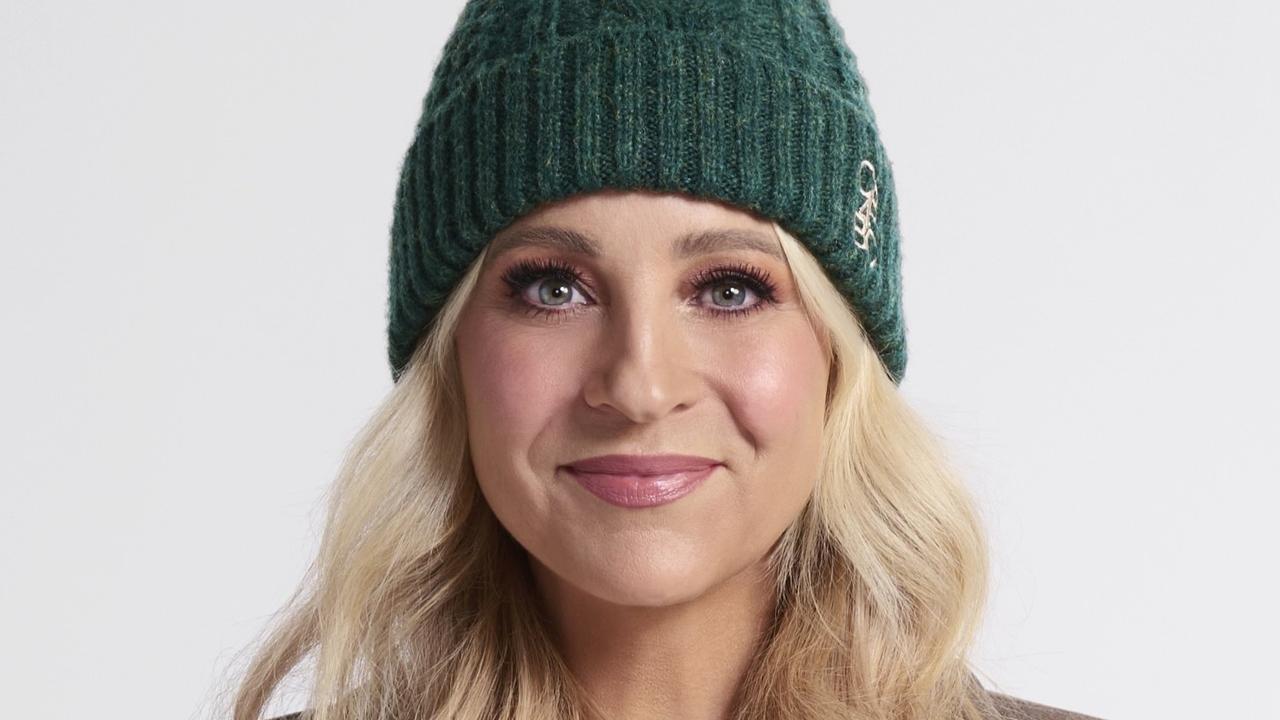Copyright caymannewsservice

(CNS): Despite almost 40 years of marine park protection and management Cayman’s reefs continue to decline after decades of battling increasing bleaching events, disease and ocean acidification, largely from rapidly warming oceans. But the Department of Environment’s Coral Conservation team has had notable success with lab spawned coral that could help, alongside traditional conservation work, to save Cayman reefs from the approaching tipping point and their eventual extinction. Local reefs like many around the world are dying. In 1997 when the DoE began conducting annual coral reef health assessments coral cover across the islands averaged around 25%. But that cover has declined dramatically and results from last year’s research show reef cover around Grand Cayman now averages just 6%. But after just two years of work in a small coral spawning laboratory funded by the Fosters Group the DoE coral team has been able to successfully spawd two types of reef-building coral, symmetrical brain coral (Pseudodiploria strigosa) and mountainous star coral (Orbicella faveolata, the DoE said, in a new article about the looming tipping point and the precarious future of Cayman’s coral reefs. Among the first labs in the Caribbean to achieve coral spawning, larval settlement, and post-settlement growth in the laboratory, the DoE said that one year after the first corals were spawned in 2024 there was a 90% survival rate. Another 500 juveniles were recruited from the September 2025 spawning events and are also doing well. Each spawning event can yield 2000 – 8000 coral recruits, but after spawning it then takes around three years for colonies to mature before being planted out on the reef. The next stage is to find the additional space and infrastructure needed to take coral spawning research through the growth phase, and beyond. Self-contained coral spawning laboratory containers and adjacent outdoor raceways for growing the corals to a size they can be outplanted are one of the ways coral labs like the DoE’s have expanded operations. But while this is happening, the climate is still tipping against the corals. It is also very difficult work. A controlled lab setting offers shelter from the warming oceans but the complexities of manipulating various elements to help encourage more resilient corals while maintaining a steady and healthy environment artificially, remain a fulltime challenge. The coral crew must spend countless hours monitoring and adjusting aquarium water quality and temperature and addressing disease outbreaks and infestations of predatory parasites, all which have the capacity to destabilise the system and risk losing thousands of newly growing coral recruits. Out in the ocean reefs in Cayman waters and all over the world are dying and as the tipping point approaches from which they will never recover before we get to that point, researchers and marine scientists live in hope that people can do what we now know can slow down the death of the world’s critical coral reefs. “Switching as quickly as possible from fossil fuel generated electricity to renewable energy coupled with protecting wetlands and other important carbon sequestration and storage systems, planting more trees and cautious decision-making when removing them are among the most significant changes we can make to reduce our carbon footprint,” the department of the environment said as they noted that individuals can also help. “Daily actions like carpooling, reducing driving time, reducing overfishing and reducing the amount of fertilizers and other nutrients released into the marine environment, that are the conscious choices we can make every day as individuals, a community and a nation which compound over time to reduce our impacts on the environment locally and globally,” the experts noted. At this point it is all hands on deck to slow down the pace towards the tipping point for coral and the threat that future generations of Caymanians will never have the opportunity to experience the once beauty and abundance of our natural world which has contributed so significantly to the quality of life we lead today but which is now slipping away at an alarming rate. See the full article about the scientific research and work the DoE is doing to prevent the complete loss of local reefs on the website here.



